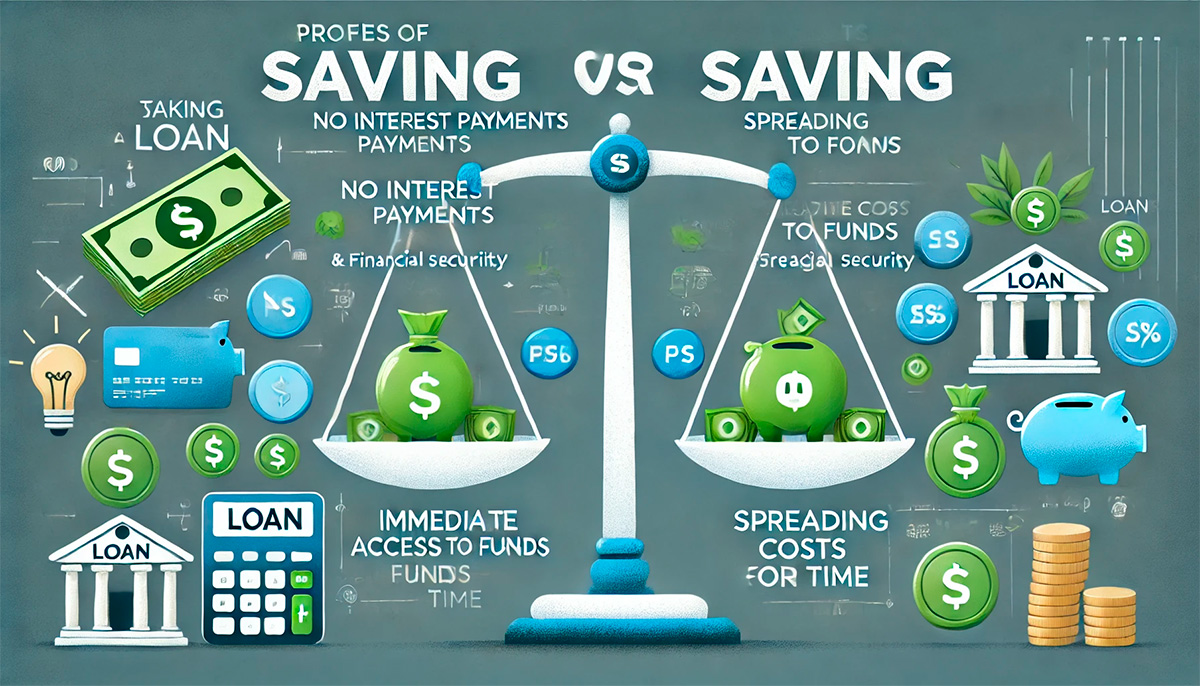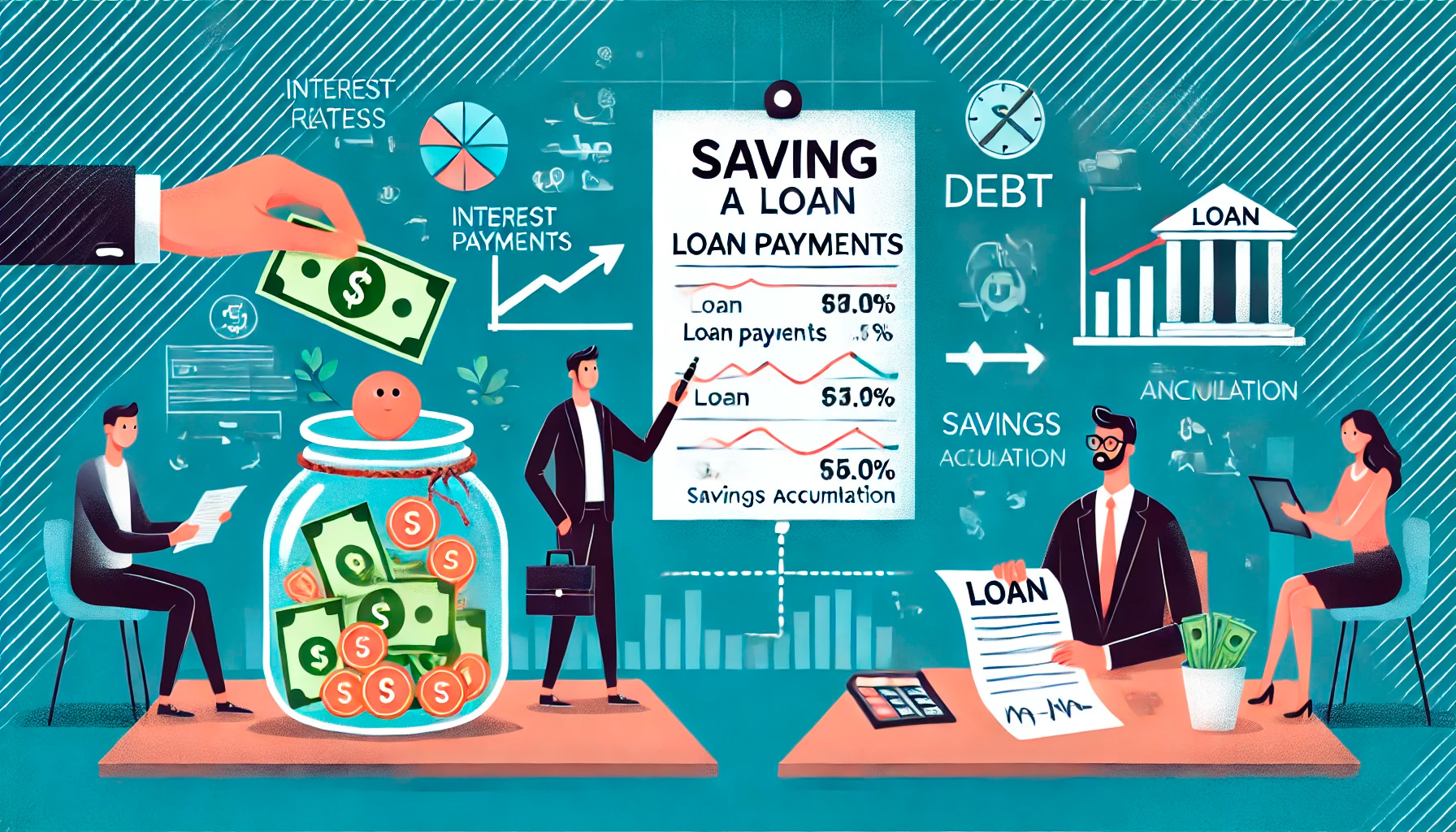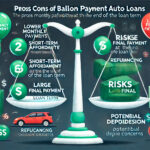In the realm of personal finance, few questions spark as much debate as this one: Should you take out a loan or save money for a purchase? Whether you’re eyeing a new car, a dream vacation, or a home renovation, the decision to borrow or save can have far-reaching implications for your financial health. Both options come with their own set of advantages and drawbacks, and the right choice depends on your unique circumstances, goals, and risk tolerance. Let’s delve into the intricacies of this dilemma to help you make an informed decision.
The Case for Saving Money
Saving money for a purchase is often seen as the more prudent and financially responsible option. When you save, you avoid debt altogether, which means no interest payments, no monthly obligations, and no risk of overextending yourself. This approach allows you to pay for your purchase outright, giving you full ownership from day one.
One of the most significant advantages of saving is the peace of mind it brings. Without the burden of debt, you’re free to allocate your income toward other priorities, such as building an emergency fund, investing, or planning for retirement. Additionally, saving encourages discipline and patience, virtues that can serve you well in other areas of life.
However, saving isn’t without its challenges. Depending on the cost of your desired purchase, it may take months or even years to accumulate the necessary funds. During this time, inflation can erode the value of your savings, and the item you’re saving for may increase in price. Moreover, life’s uncertainties—such as job loss or unexpected expenses—can disrupt your savings plan, delaying your purchase indefinitely.
The Case for Taking a Loan
Taking out a loan offers the advantage of immediate access to the funds you need, allowing you to make your purchase without delay. This can be particularly beneficial for time-sensitive opportunities, such as buying a home in a competitive market or investing in a business venture. Loans also enable you to spread the cost of a large purchase over time, making it more manageable within your budget.
Another potential benefit of borrowing is the ability to leverage other people’s money to achieve your goals. For example, if you take out a mortgage to buy a home, you can build equity and potentially benefit from property appreciation. Similarly, a business loan can help you grow your enterprise and generate returns that outweigh the cost of borrowing.
However, loans come with their own set of risks. Interest payments can significantly increase the total cost of your purchase, and monthly loan payments can strain your budget. If you’re unable to meet your repayment obligations, you risk damaging your credit score, facing penalties, or even losing the asset you purchased. Additionally, taking on debt can limit your financial flexibility, making it harder to respond to unexpected expenses or opportunities.

Factors to Consider When Deciding
To determine whether saving or borrowing is the better option, consider the following factors:
1. The Cost of the Purchase: For smaller purchases, saving is often the more practical choice. However, for larger expenses like a home or a car, taking out a loan may be necessary unless you have substantial savings.
2. Your Financial Situation: Assess your income, expenses, and existing debt. If you’re already carrying a heavy debt load, adding another loan might not be wise. Conversely, if you have a stable income and manageable debt, borrowing could be a viable option.
3. Interest Rates: Compare the interest rates on loans with the potential returns on your savings. If loan rates are high, saving might be more cost-effective. On the other hand, if you can secure a low-interest loan, borrowing could make sense.
4. Time Horizon: How soon do you need to make the purchase? If time is of the essence, a loan might be your only option. If you have the luxury of time, saving allows you to avoid debt and interest costs.
5. Risk Tolerance: Are you comfortable with the uncertainty of debt, or do you prefer the security of owning your purchase outright? Your risk tolerance plays a significant role in this decision.
The Psychological Impact of Debt vs. Saving
Beyond the financial implications, it’s essential to consider the psychological impact of your choice. Debt can be a source of stress and anxiety, particularly if you’re juggling multiple loans or facing financial uncertainty. The burden of monthly payments can weigh heavily on your mind, affecting your overall well-being.
On the other hand, saving can instill a sense of accomplishment and control. Watching your savings grow can be incredibly rewarding, and the knowledge that you’ve achieved your goal without relying on debt can boost your confidence and financial independence.
However, the psychological impact isn’t one-size-fits-all. Some people thrive under the structure of loan repayments, using them as motivation to stay disciplined with their finances. Others may find the pressure of debt overwhelming. Understanding your emotional relationship with money is crucial in making the right choice.
Hybrid Approaches: Combining Saving and Borrowing
In some cases, a hybrid approach might be the best solution. For example, you could save for a portion of the purchase and take out a smaller loan to cover the remainder. This strategy allows you to minimize interest costs while still achieving your goal in a timely manner.
Another option is to save for a down payment and borrow the rest. This is common in home purchases, where a larger down payment can reduce the loan amount and lower your monthly payments. By combining saving and borrowing, you can strike a balance between financial responsibility and practicality.
Conclusion: Making the Right Choice for You
The decision to take out a loan or save money for a purchase is deeply personal and depends on a variety of factors. There’s no one-size-fits-all answer, and what works for one person may not work for another. The key is to carefully evaluate your financial situation, consider the pros and cons of each option, and align your choice with your long-term goals and values.
If you value financial independence and have the patience to wait, saving may be the better route. If you need immediate access to funds and are confident in your ability to manage debt, a loan could be a viable solution. Ultimately, the best choice is the one that supports your financial well-being and brings you closer to your goals.
Remember, financial decisions are not just about numbers—they’re about your life, your dreams, and your peace of mind. Whether you choose to save or borrow, the most important thing is to approach the decision with clarity, confidence, and a commitment to your financial health.



